We use reasonable network-management practices to help accomplish the following goals:
- Allow customers to access and use any legal Web content they prefer, thus complying with the FCC’s Open Internet Order
- Mitigate network congestion, which can interfere with customers’ preferred online activities
- Promote customer compliance with our Acceptable Use Policy
- Help prevent customer harm or inconvenience from malicious or illegal traffic.
In pursuing these goals, we are mindful of the dynamic nature of customer Internet habits and related public-policy discussions. Accordingly, while we are confident our network-management practices are reasonable, equitable, minimally intrusive, and consistent with FCC regulations, those practices are not static; they are actively reviewed and refined in order to provide our customers with the best possible Internet experience.
As changes are made to our network-management practices, we will update the following information describing those practices.
- We regularly invest in additional network equipment to make more bandwidth per home available and greater download and upload system capacity.
- Where it is technologically feasible and when bandwidth is available, we provide customers with temporary “bursts” of additional speed, allowing their equipment to more quickly and efficiently complete their work.
- On residential accounts, we block certain ports to enhance network security and performance. To help prevent parties with malicious intent from compromising or disrupting our network, we do not publish all blocked ports.
- Based on the experience of our engineering team and their monitoring of Arbor alerts, virus alerts, atypical packet swarms, we block IP addresses and continent codes known or deemed to be abusive, we also strive to intercept spam, viruses, denial-of-service attacks, and other malicious or illegal Internet traffic.
- To help prevent disruption to Internet service, we do we allow certain other devices (such as routers and modems capable of generating broadcast storms) to connect to our network. In addition, we do not allow devices with cloned MAC addresses to connect to our network because the use of such devices is prohibited by law.
- Residential customers are prohibited from using or running dedicated, stand-alone equipment, servers, or programs for commercial or other non-personal reasons, including but not limited to email, Web hosting, file sharing, and proxy services or servers (e.g. FTP, file, or game servers). For further information regarding prohibited uses, see our Acceptable Use Policy.
- We prioritize Indco.net voice packets in order to provide quality service to our phone customers.
For questions about our network-management practices, services, or policies that are not addressed by the information provided here, please email us at: support@indco.net
Finally, per current regulatory requirements, Indco average network performance statistics are published here.
